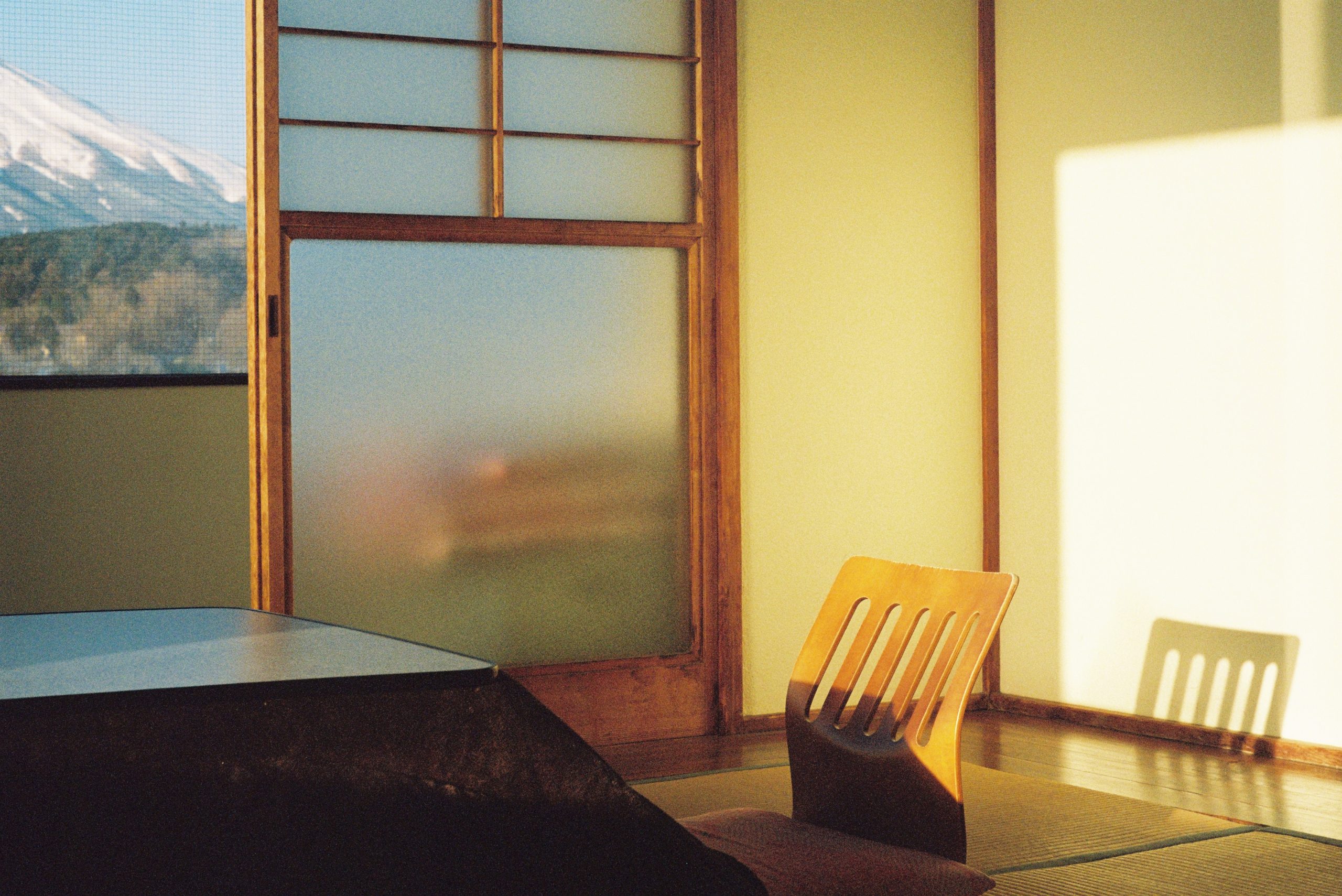
There are various accommodation facilities in Japan. Among these, minshuku, which are relatively reasonable and allow you to experience the Japanese lifestyle and local culture, are popular among people from overseas.
A minshuku is a small, family-run accommodation facility that is housed in a building similar to a typical Japanese home. Therefore, you will need to be aware of the rules of life unique to Japan, such as “don’t enter the room with shoes on.”
This article explains how to spend your time at a minshuku and the benefits of using one, so please use it as a reference when staying at a minshuku.
■Advantages and disadvantages of using a guesthouse
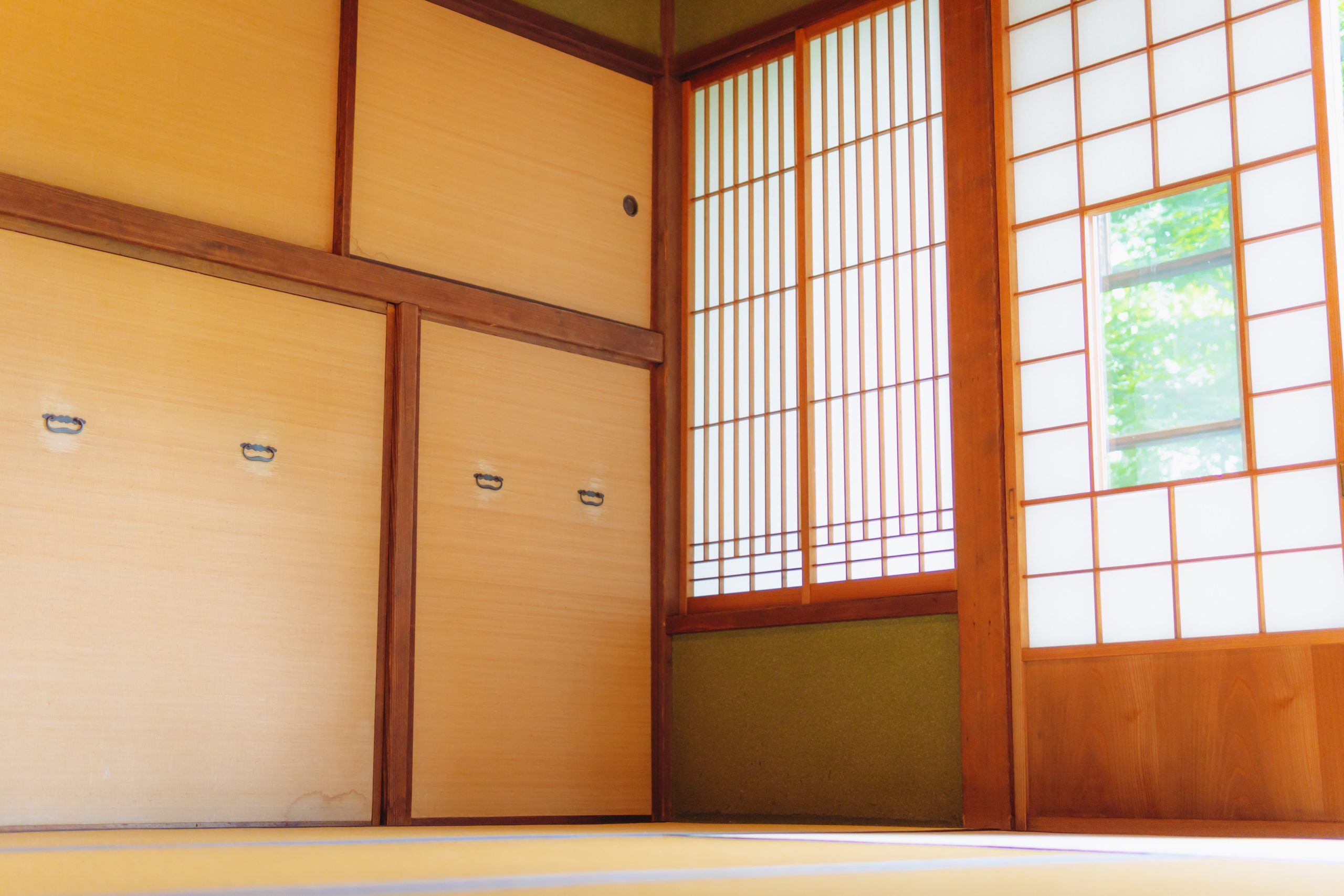
A minshuku is a small accommodation facility run by a family or individual. At a guesthouse, you have the advantage of interacting with local people, including the owner, and being able to experience the local culture.
However, since there are many common areas and close proximity to the owner’s family and other guests, it is not suitable for those who want to spend a comfortable and quiet time like in a hotel.
Advantage 1: You can interact with the guesthouse owner and local people
A feature of minshuku is that the owners live in the same building, so there are many opportunities to meet each other and it is easy to interact with each other. Because you are close to the owner, it is easy to consult with them about meal plans, meals, and departure times, which is unique to a minshuku. If you have any problems, please feel free to consult us.
In addition, they will introduce you to local tourist information and experiences, so you can enjoy interacting with local residents.
Advantage 2: You can experience something unique to the area where the guesthouse is located.
At a guesthouse, you can experience local events and sightseeing spots that are not listed in guidebooks.
In addition, at a “farm stay” where the owner of the guesthouse is a farmer, you can enjoy seasonal vegetable harvesting and events.
Advantage 3: Reasonable compared to other accommodation methods
Guesthouses do not have the services that hotels do, so you can stay there for a relatively reasonable price. There are also facilities where you can stay overnight without meals, which is recommended for those who want to keep their lodging costs down.
There are also guesthouses that offer meals and services that take advantage of the local characteristics at low prices, so find the facility that suits you.
Disadvantages ① We do not have the same facilities and services as hotels and inns.
Minshuku are small-scale lodging facilities run by individuals or families, so they do not have the services and facilities of a hotel.
For example, you will be responsible for your own personal care, such as laying your own futon and cleaning up, so it may not be suitable for those who desire detailed service or the latest equipment.
Additionally, amenities vary by facility, so it’s a good idea to check what you should bring with you when making your reservation.
<Things you should check in advance>
● towel
● Toiletries such as toothbrushes
● shampoo and body soap
● Wifi
● Room wear
● payment method
● charger
In addition, it is a good idea to ask about clothing and items that are appropriate for the experience and climate.
Disadvantage 2: There are many opportunities to meet other users and owners
A feature of minshuku is that there is a common space, and there are many opportunities to meet the owner and other guests.
Therefore, it may be a disadvantage for those who want to spend their time quietly and do not want to be talked to.
■How to spend time at a guesthouse
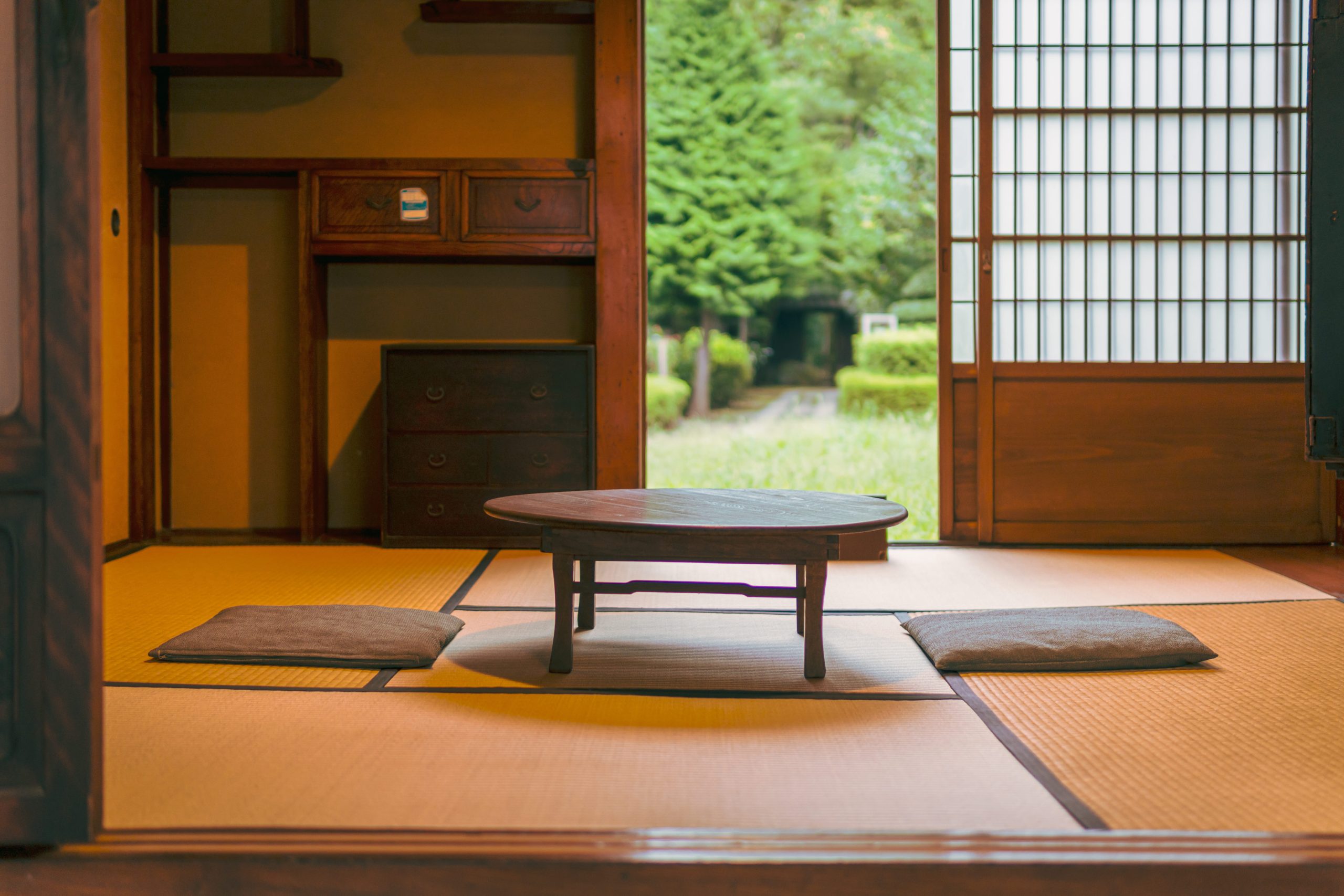
Minshuku are often ordinary homes used as lodging facilities, and the way you spend time inside the building is almost the same as the normal Japanese lifestyle.
There are many rules that people from other countries may not be familiar with, so it’s important to know the basic rules and etiquette of living in Japan.
Take off your shoes at the entrance
In a typical Japanese household, people take off their shoes at the entrance and change into slippers if they have slippers.
However, please be aware that there are rules such as changing into toilet slippers in the toilet and not wearing footwear on tatami mats.
If you take off your shoes at the entrance, put them in a shoe rack or line them up on the edge so that they won’t get in the way of other people.
Footwear is prohibited on the tatami mats.
In most minshuku, you will stay in a tatami room.
The material of tatami mats is delicate and easily damaged, so when walking on tatami mats such as Japanese-style rooms, take off your footwear and wear socks. For the same reason, avoid rolling your suitcase on tatami.
Additionally, the Japanese-style room has a “tokonoma,” a space where you can display hanging scrolls and other ornaments. Please do not place your luggage, sit down, or touch the displayed items without permission.
Wear special slippers in the toilet
In Japan, special slippers are provided in the toilet. Be sure to change into special slippers when using the toilet. When you leave the toilet, take your clothes back to their original place and line them up for the next person.
Use the toilet paper provided in the toilet, and after wiping, please put it in the toilet bowl and flush it. Dispose of all trash other than toilet paper in the trash can or waste bin inside the restroom.
If the toilet is dirty, clean it and tell the owner honestly if it’s difficult.
Smoking in the restrooms and taking away supplies such as toilet paper are prohibited. Additionally, the toilet is shared with the owner and other guests. Please refrain from using it for a long time.
Do not drain the water from the bath until everyone has finished bathing.
In Japanese baths, you do not wash your body in the bathtub or soak your towel in the bathtub. Wash your body in the washing area outside the bathtub, thoroughly removing the bubbles and dirt before soaking in the hot water.
The bath is shared with the owner and other guests. Please check in advance when the bath can be used and refrain from using it for long periods of time.
In Japan, it is common to not drain the water from the bathtub until everyone has finished taking a bath. Do not drain the hot water without permission.
Some guesthouses have public baths and hot springs available for use. Before entering the bathtub, be sure to pour hot water over it to remove any dirt before taking a bath. Please do not make noise or swim as this may disturb other users. Washing clothes in the bath is also prohibited.
Lay the futon yourself
In guesthouses, unless you are staying in a Western-style room, you will be responsible for preparing your own futon and cleaning up. If you are having meals in your room, please refrain from taking out and putting your futon on and off during mealtimes, as this will create dust.
If you don’t know how to lay out or clean up, ask the owner to teach you.
At some guesthouses, employees prepare and clean up the futons. At that time, please understand that employees will enter the room and work even during your stay.
At night, please be quiet and respect the lights-out time.
Meals are eaten in a designated room at a designated time.
Meals at a guesthouse are eaten in a designated room at a designated time. It usually features home-cooked meals prepared by the owner. If the owner is a fisherman or farmer, or depending on the region, you may be able to enjoy meals unique to that region.
In Japan, before you eat a meal, you put your hands together in front of your chest and say, “Itadakimasu.” After you finish your meal, you put your hands in front of your chest and say, “Thank you for the meal.” I would like to express my gratitude to you.
There are other eating etiquette rules, such as not leaving food behind and holding your utensils when eating. If you can’t eat all the food, please consult the owner and either leave it or pack it in a Tupperware container.
Please let us know in advance if you don’t need meals or if there are things you can’t eat. After your meal, enjoy interacting with the owner and other guests.
no tip required
Tipping is not customary in Japan, so there is no need to tip. However, you may be given money as a “gratuity” when you have caused trouble or when you want to express your gratitude for your help.
The amount of gratuity is generally 1,000 yen to 3,000 yen wrapped in an envelope as a token of gratitude.
When wrapping money, use clean bills rather than coins.
■Using a guesthouse is recommended for the following people:
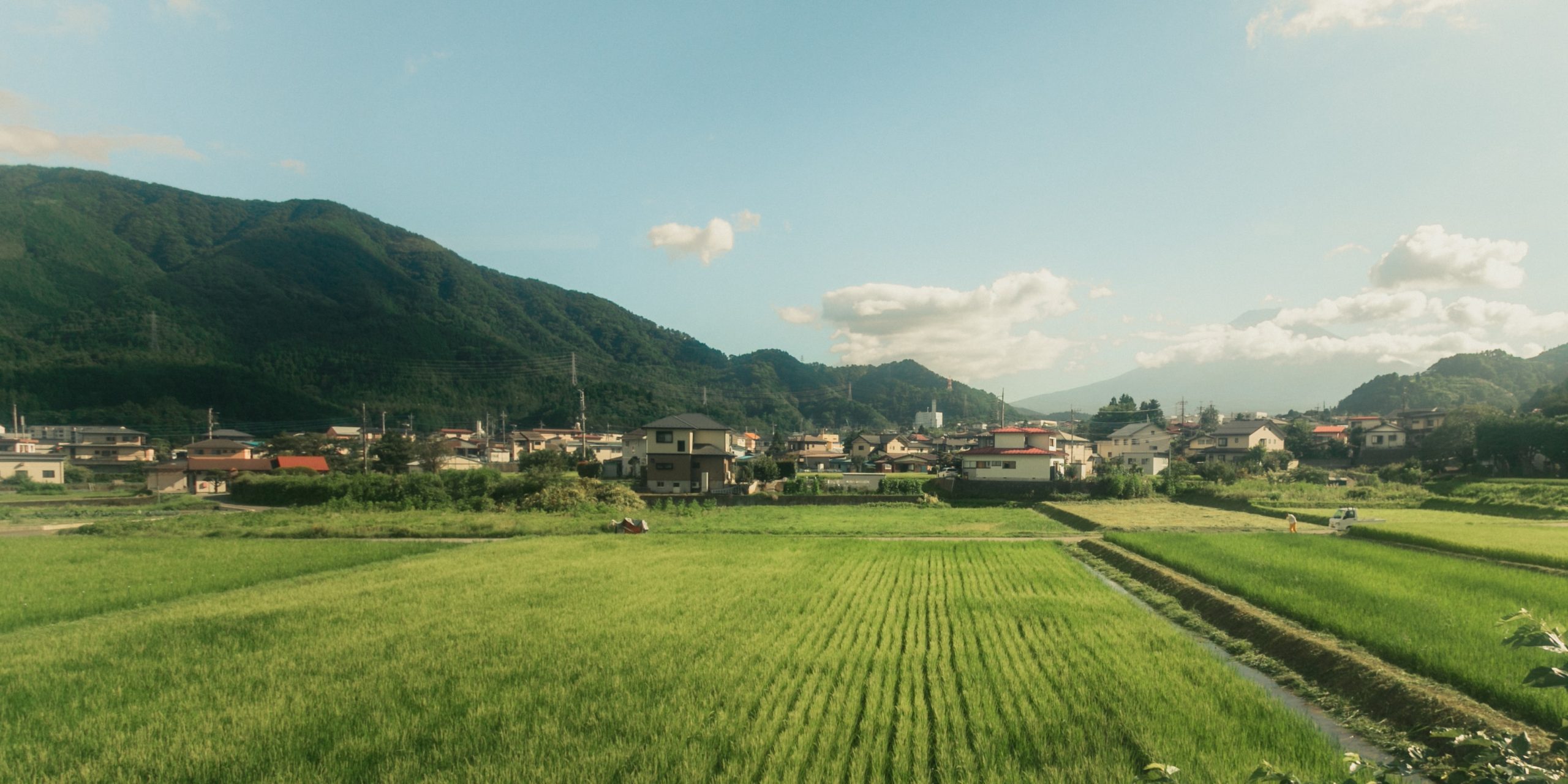
At a minshuku, you can experience typical Japanese life and experiences unique to the area where you stay.
This is a recommended accommodation option for those who want to interact with people, such as the owner and local residents. Enjoy the homely atmosphere that makes you feel like you’re at a friend’s or relative’s house.
Those who want to enjoy the Japanese lifestyle
Minshuku are recommended for those who are interested in and want to experience the general Japanese lifestyle. You can feel the difference between the living rules of your home country and Japan.
There may be times when you are confused by the rules of life that you are not used to, but please consult with the owner and have fun.
Those who want to experience something unique to the area they stay in
You can experience the life of a Japanese farmer by staying overnight in a farmhouse or old folk house.
In addition, you can enjoy interacting with local people at local events and sightseeing spots that are not listed in guidebooks that the owner of the guesthouse can introduce you to.
Those who want to stay at a reasonable price
Guesthouses are characterized by the fact that they have many reasonably priced facilities compared to hotels and inns.
If you want to keep your lodging costs as low as possible, or if you don’t need the services and meals of a hotel, you may want to choose a minshuku where you can stay overnight without meals.
■Summary of benefits and ways to spend your time in a guesthouse
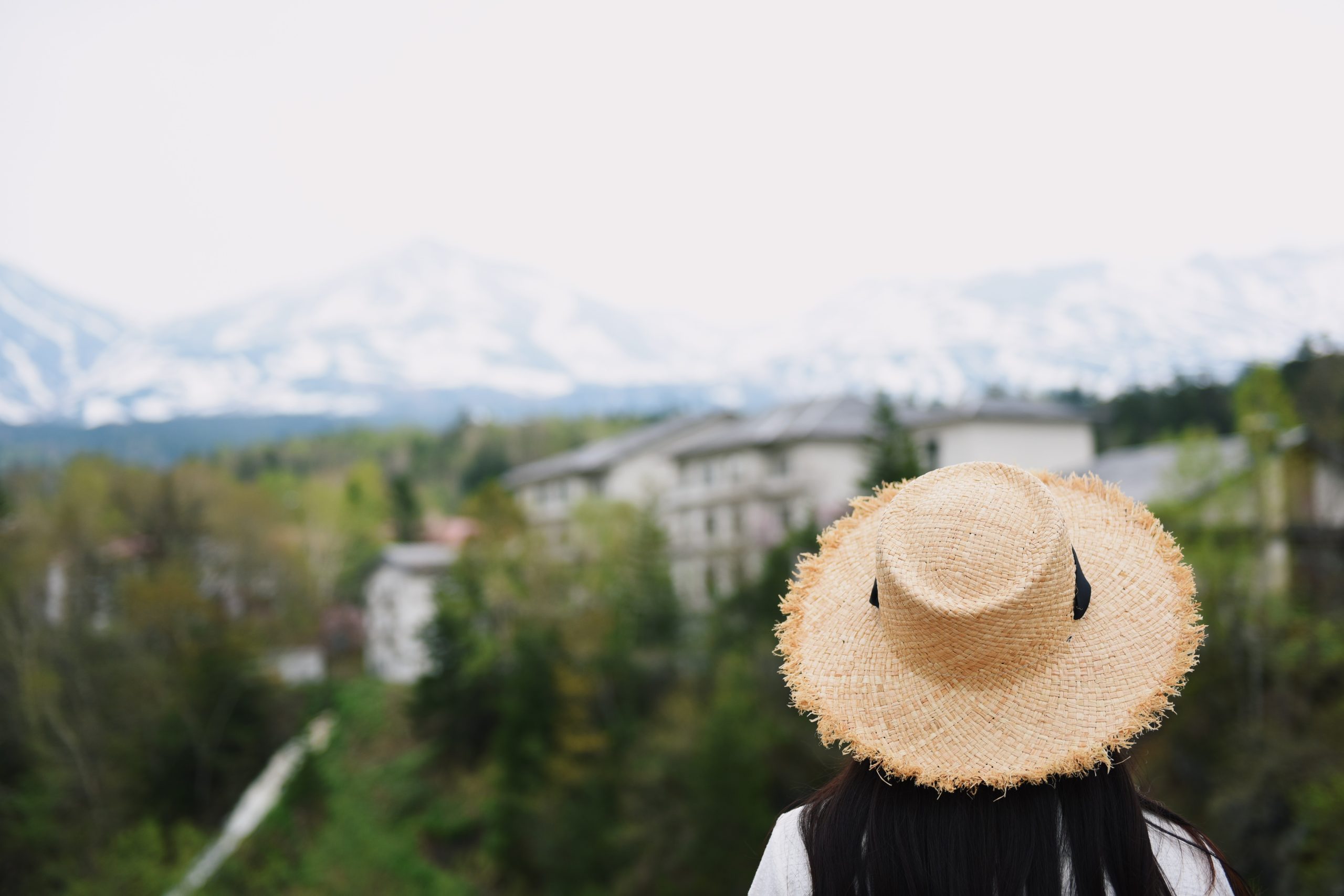
A minshuku is a way to stay where you can enjoy the homely atmosphere of a typical Japanese home. You can experience something similar to everyday life in Japan.
As a result, there are rules and etiquette for living that are unfamiliar to people from overseas, and there may be times when they are confused. When a mistake is pointed out to you, it is important to accept it and practice the correct method.
One of the charms of staying in a minshuku is that if you have any questions or concerns, you can feel free to ask the owner or the people around you and receive immediate help.
Q&A
Q.What kind of people do you recommend guesthouses and hotels for?
A. Minshuku have many common areas, and are recommended for people who want to interact with other people and experience Japanese life. On the other hand, hotels are recommended for people who value their privacy and want to receive attentive service.
Q.Can I experience Japanese life at a guesthouse?
A. Minshuku is a recommended way to stay to experience the Japanese lifestyle. In many cases, they use ordinary Japanese homes as accommodations, and spend their time in the same way as Japanese people do. There are many rules and etiquette that foreigners may not be familiar with, so please consult the owner about anything difficult or unclear.

